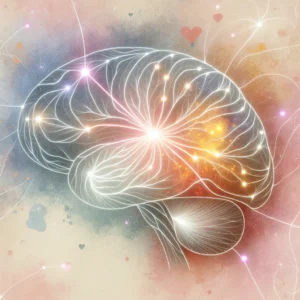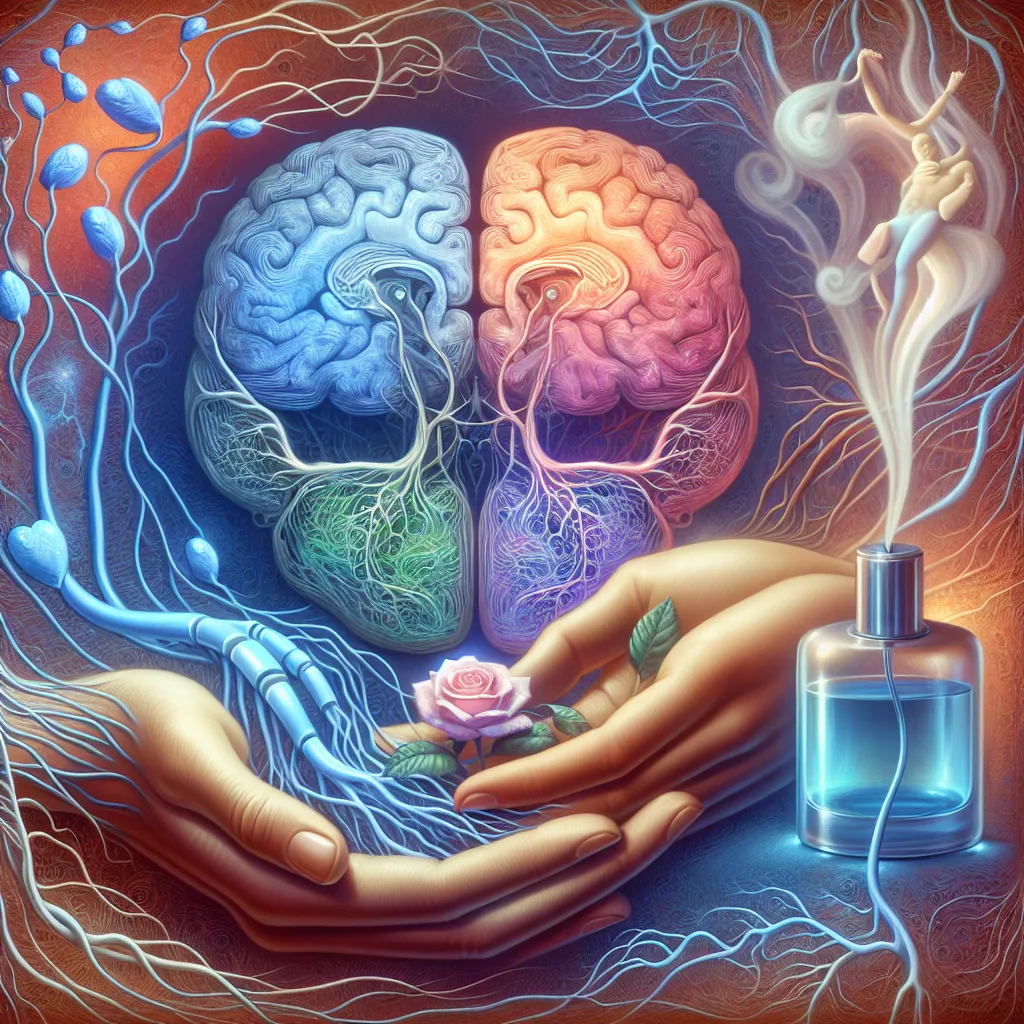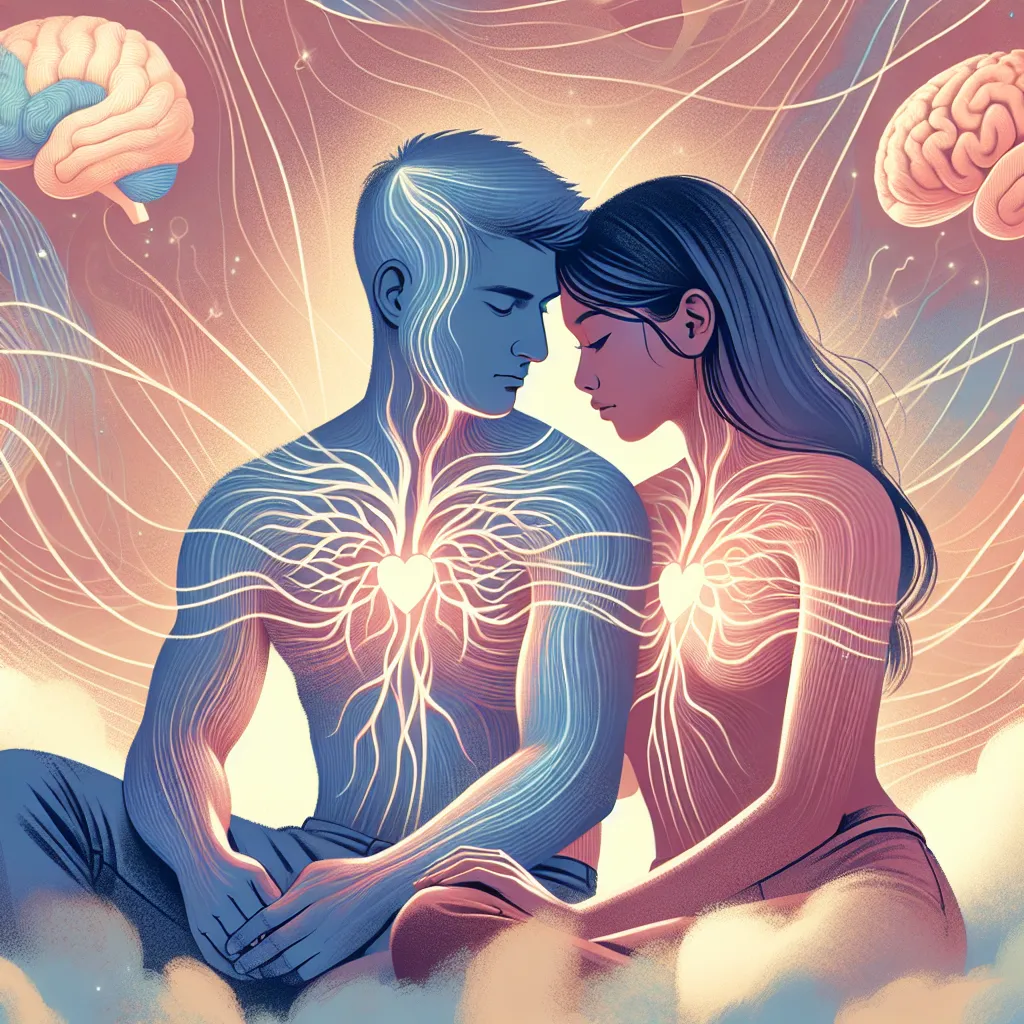Meta Description: Gain a deep understanding of the psychological mechanisms behind the dopamine rush experienced during an illicit affair. Explore expert insights, psychological research, and practical examples to comprehend this complex issue better.
Hello, relationship seekers!
Today, we’re diving deep into a prevalent question about relationships: “What triggers the dopamine rush in the brain during an illicit affair?”
The Direct Answer
The dopamine rush experienced during an illicit affair is primarily triggered by the novelty, excitement, and risk associated with the affair. This dopamine surge—known as the “reward chemical”—happens as the brain responds to the anticipation of pleasure, creating a sense of euphoria. However, this rush is temporary and often leads to a cycle of craving and withdrawal, which can be harmful in the long term.
Now, let’s explore the extensive evidence and details that support this answer:
1. The Role of Dopamine in Pleasure and Reward
Dopamine, a neurotransmitter, plays a crucial role in how we perceive pleasure and reward. This chemical is associated with the feeling of ‘high’ during an illicit affair.
A. The Brain’s Reward System
The brain’s reward system is a group of neural structures responsible for incentive salience (desire or “wanting”), pleasure (“liking”), and positive reinforcement. During an illicit affair, the thrill, novelty, and risk stimulate this system, causing a release of dopamine.
– Expert Perspectives: Neuroscientist Dr. Daniel Z. Lieberman explains, “Dopamine is stimulated by novelty. If something is new or not predictable, it will stimulate dopamine.” Dr. Helen Fisher, a biological anthropologist, also notes, “Novelty drives up the dopamine system in the brain.”
– Psychological Research: Research by Berridge and Robinson (1998) highlighted the role of dopamine in desire and pleasure, underscoring its role in the reward system.
– Real-World Examples: An individual engaging in an illicit affair often experiences a ‘high,’ similar to that experienced by gamblers or risk-takers, due to the dopamine release.
B. Dopamine and Risk-Taking Behavior
Dopamine also correlates with risk-taking behavior, commonly seen in illicit affairs.
– Historical Context: Dopamine’s role in risk-taking behavior has been studied for decades, with research showing a strong correlation.
– Common Challenges: The challenge arises when the dopamine surge starts to wane, leading individuals to seek out more risk to maintain the ‘high.’
– Practical Applications: Understanding this connection can help individuals recognize the biochemical roots of their actions and find healthier ways to stimulate their dopamine system.
C. Dopamine and Addiction
The dopamine cycle can also lead to addiction-like behaviors, including an addiction to the ‘high’ of an affair.
– Expert Perspectives: Dr. Timothy Fong, a clinical professor of psychiatry, explains, “The brain starts to associate these pleasure chemicals with the affair, leading to a cycle of craving and withdrawal, similar to drug addiction.”
– Psychological Research: Research from Volkow and colleagues (2010) found similarities between drug addiction and behaviors driven by intense surges of dopamine, such as illicit affairs.
– Real-World Examples: People who engage in repeated illicit affairs often mirror the behavior of addicts, chasing the dopamine ‘high.’
2. The Role of Novelty and Excitement in Dopamine Release
The novelty and excitement associated with an illicit affair significantly trigger dopamine release. The sense of “new” stimulates the brain’s reward system, fueling the desire to continue the affair.
A. The Thrill of Novelty
The brain is wired to seek novelty. New experiences, such as an illicit affair, can stimulate the release of dopamine.
1. Novelty and the brain: The brain responds positively to novelty. New experiences, people, or environments can trigger dopamine release.
2. The ‘Coolidge Effect’: Named after President Coolidge, this phenomenon describes how males show renewed sexual interest whenever a new receptive sexual partner is introduced, driven by dopamine release.
3. Novelty in illicit affairs: In the context of an illicit affair, the new partner and experiences can trigger the Coolidge Effect, leading to increased dopamine release.
B. Excitement and Anticipation
The excitement and anticipation associated with an affair can also stimulate dopamine release.
1. Anticipation and dopamine: The anticipation of reward can stimulate dopamine release. This anticipation, whether for a secret rendezvous or a forbidden encounter, can lead to a dopamine rush.
2. Uncertainty and dopamine: The uncertainty and risk associated with an illicit affair can amplify the dopamine surge, increasing the thrill and excitement.
C. The Role of Risk in Dopamine Release
Engaging in risky behavior, such as an illicit affair, can stimulate dopamine release. This rush can be addictive, leading individuals to seek out more risk to maintain their ‘high.’
3. The Downside of Dopamine Release in Illicit Affairs
While the dopamine rush experienced during an illicit affair can feel exhilarating, it’s important to understand the potential negative consequences.
A. The Crash After the High
After a dopamine rush, individuals often experience a ‘crash’ or ‘comedown.’
– The dopamine crash: This crash can lead to feelings of emptiness, dissatisfaction, and depression, creating a cycle of craving and withdrawal.
– The role of guilt: Feelings of guilt and shame associated with the affair can exacerbate these negative feelings, further complicating the situation.
B. The Cycle of Craving and Withdrawal
The cycle of craving and withdrawal can lead to a pattern similar to addiction.
– Craving: The desire to re-experience the dopamine ‘high’ can lead to repeated affairs, creating a destructive pattern.
– Withdrawal: When the individual is unable to engage in the affair, they may experience withdrawal symptoms, including restlessness, irritability, and discontent.
C. Long-Term Consequences
The long-term consequences of this dopamine cycle can be detrimental to the individual’s relationships and mental health.
– Damage to relationships: The affair, driven by the dopamine ‘high,’ can cause significant harm to relationships, leading to broken trust and potential separation.
– Mental health impact: The cycle of craving and withdrawal can lead to increased stress, anxiety, and depression.
4. Practical Strategies for Managing Dopamine Levels
Understanding the role of dopamine in illicit affairs can help individuals manage their dopamine levels healthily and constructively.
A. Healthy Ways to Stimulate Dopamine
Engaging in healthy activities that stimulate dopamine can help individuals manage their dopamine levels. Exercise, achieving goals, eating a balanced diet, and getting enough sleep can all contribute to balanced dopamine levels.
B. Understanding and Managing Risk-Taking Behaviors
Understanding the relationship between dopamine and risk-taking can help individuals manage their behaviors. Recognizing when the desire for a dopamine ‘high’ is driving risky behavior can aid in making healthier decisions.
C. Seeking Professional Help
If the cycle of dopamine craving and withdrawal becomes problematic, seeking professional help from a therapist or counselor can be beneficial. They can provide strategies and techniques to manage these feelings and behaviors.
Conclusion: The Definitive Answer
Based on all the evidence we’ve examined:
– The role of dopamine: Dopamine plays a key role in the ‘high’ experienced during an illicit affair, as it’s associated with pleasure, reward, and risk-taking.
– The influence of novelty and excitement: The novelty and excitement of an illicit affair stimulate the brain’s reward system, triggering dopamine release.
– The downside: The dopamine rush can lead to a cycle of craving and withdrawal, similar to addiction, with potential negative consequences for relationships and mental health.
In conclusion, the dopamine rush experienced during an illicit affair is triggered by the novelty, excitement, and risk associated with the affair. However, this rush is often followed by a ‘crash,’ leading to a cycle of craving and withdrawal, which can be harmful in the long run.
Understanding these mechanisms can help individuals recognize the roots of their actions and find healthier ways to stimulate their dopamine system. It’s a reminder that the fleeting ‘high’ of an illicit affair often has deeper psychological implications and potential consequences for long-term emotional health and relationships.



